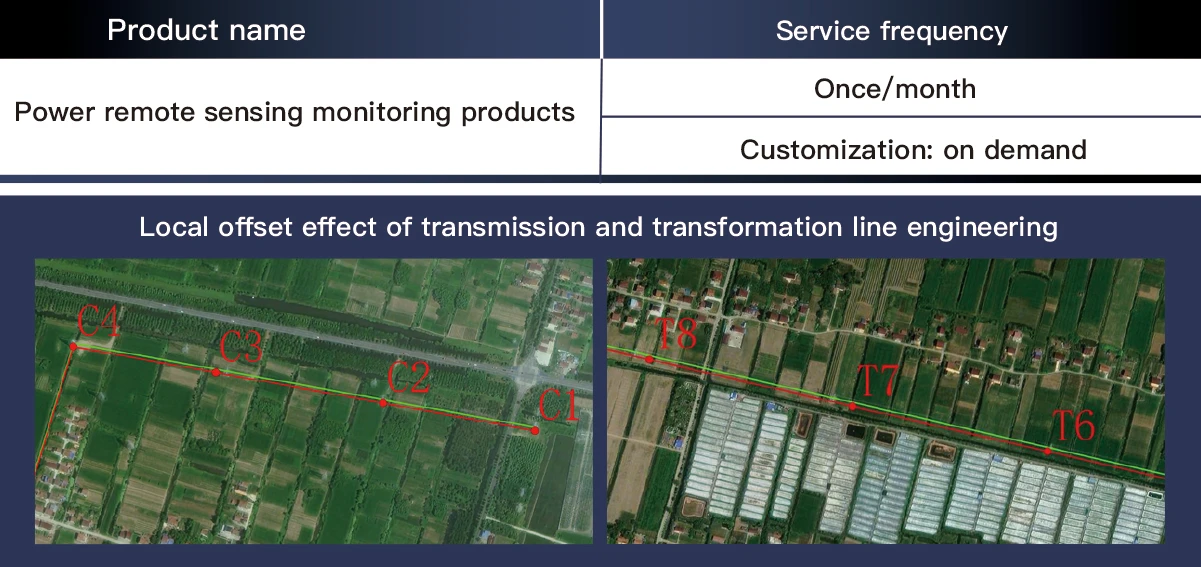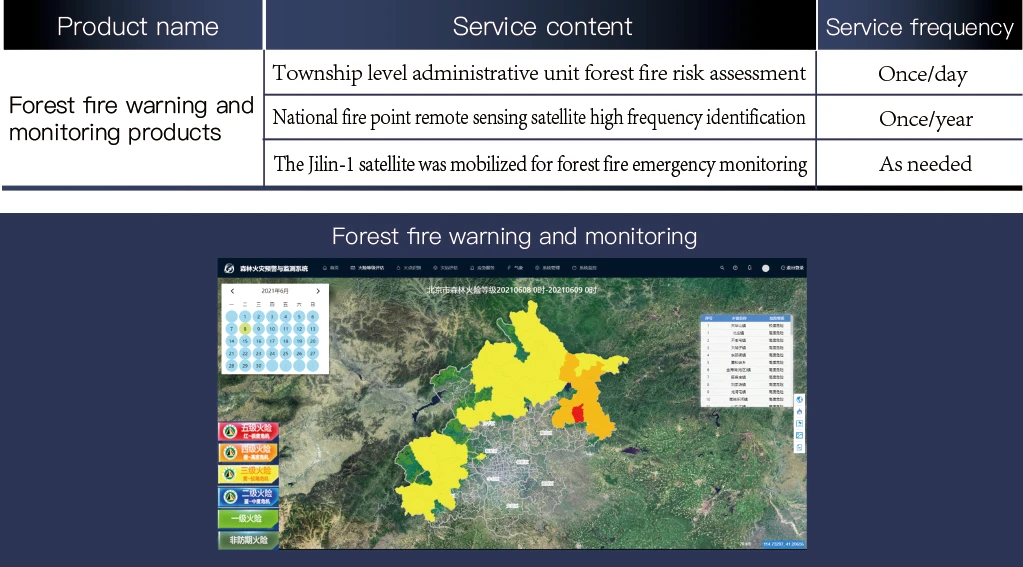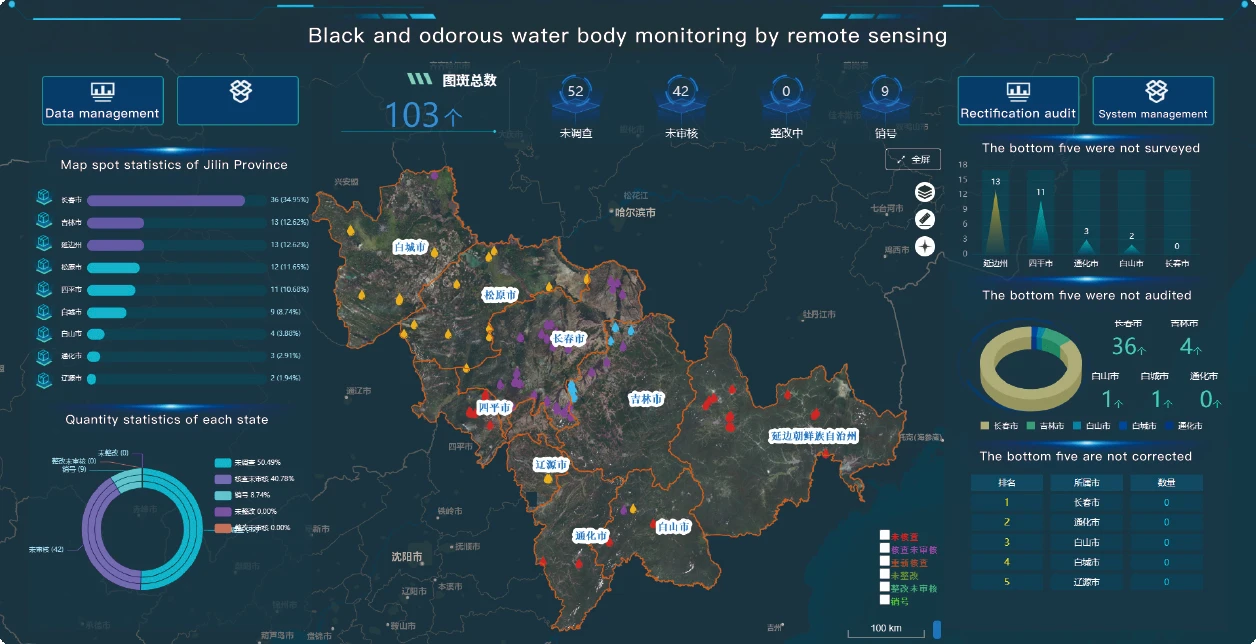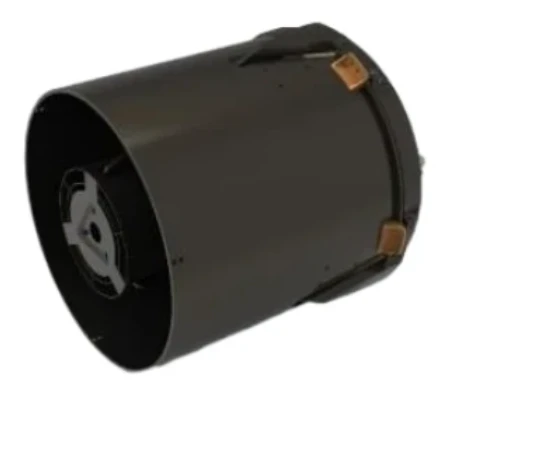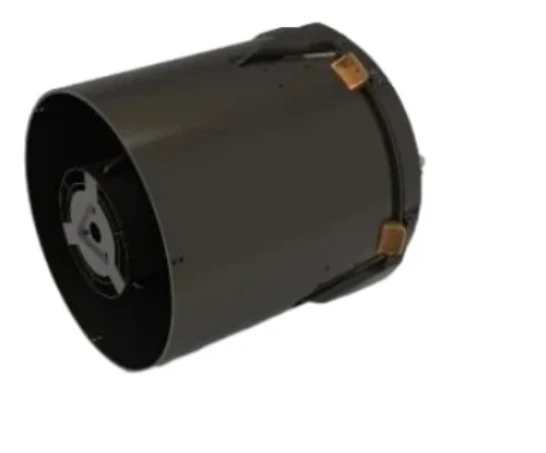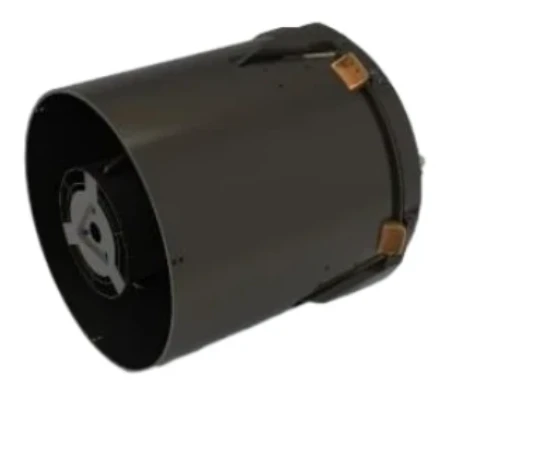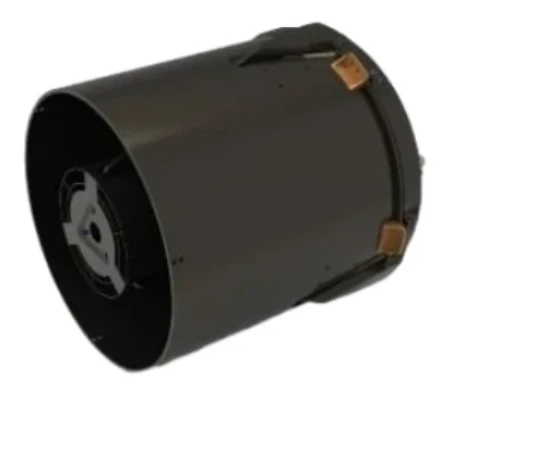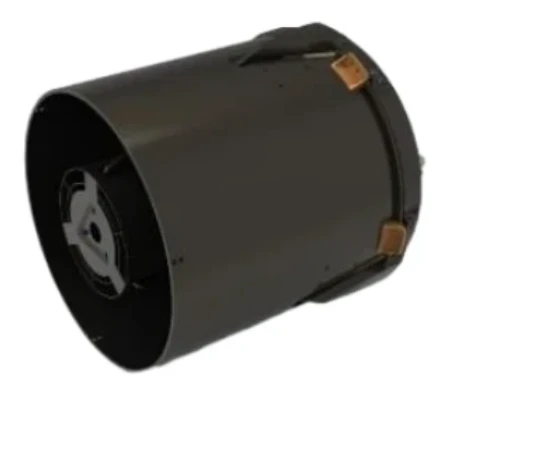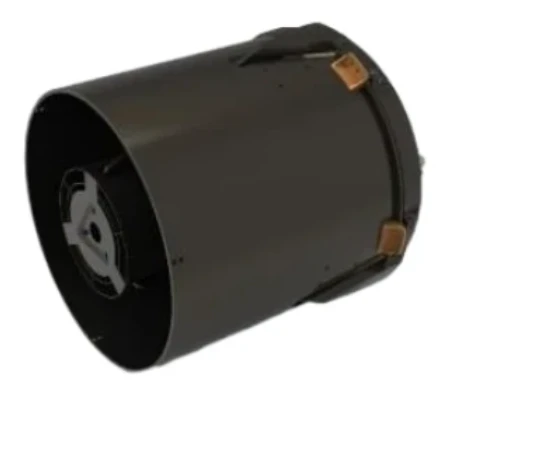
- Afrikaans
- Albanian
- Amharic
- Arabic
- Armenian
- Azerbaijani
- Basque
- Belarusian
- Bengali
- Bosnian
- Bulgarian
- Catalan
- Cebuano
- China
- Corsican
- Croatian
- Czech
- Danish
- Dutch
- English
- Esperanto
- Estonian
- Finnish
- French
- Frisian
- Galician
- Georgian
- German
- Greek
- Gujarati
- Haitian Creole
- hausa
- hawaiian
- Hebrew
- Hindi
- Miao
- Hungarian
- Icelandic
- igbo
- Indonesian
- irish
- Italian
- Japanese
- Javanese
- Kannada
- kazakh
- Khmer
- Rwandese
- Korean
- Kurdish
- Kyrgyz
- Lao
- Latin
- Latvian
- Lithuanian
- Luxembourgish
- Macedonian
- Malgashi
- Malay
- Malayalam
- Maltese
- Maori
- Marathi
- Mongolian
- Myanmar
- Nepali
- Norwegian
- Norwegian
- Occitan
- Pashto
- Persian
- Polish
- Portuguese
- Punjabi
- Romanian
- Russian
- Samoan
- Scottish Gaelic
- Serbian
- Sesotho
- Shona
- Sindhi
- Sinhala
- Slovak
- Slovenian
- Somali
- Spanish
- Sundanese
- Swahili
- Swedish
- Tagalog
- Tajik
- Tamil
- Tatar
- Telugu
- Thai
- Turkish
- Turkmen
- Ukrainian
- Urdu
- Uighur
- Uzbek
- Vietnamese
- Welsh
- Bantu
- Yiddish
- Yoruba
- Zulu
Emerging Trends and Future Prospects of Nano Camera Technology
The rapid development of nano cameras is reshaping the landscape of imaging technology, offering solutions that are not only compact but also incredibly powerful. Whether it’s a nano camera wireless, nano hd camera, or the professional-grade nano pro camera, these devices are pushing boundaries across healthcare, industrial inspection, security, and consumer electronics.
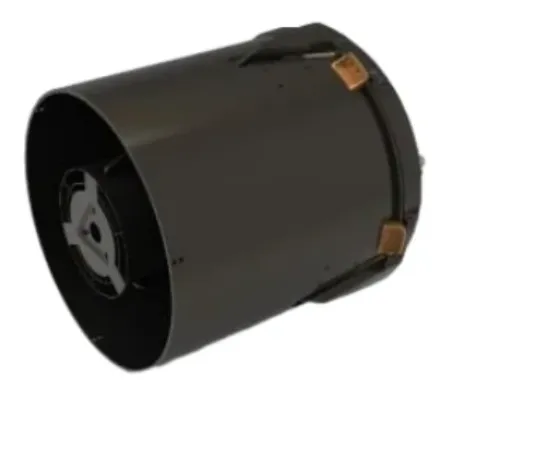
The Rise of Wireless Nano Cameras
Wireless technology has become a game-changer for nano cameras, allowing seamless integration into systems where wiring is impractical or impossible. The nano camera wireless provides freedom of placement and remote monitoring capabilities, making it ideal for surveillance, wildlife observation, and smart home security. Its compact form factor combined with wireless connectivity ensures minimal installation hassle while maintaining high-quality video transmission.
High-Definition Imaging with Nano HD and 4K Micro Cameras
Image resolution is a key parameter driving the adoption of advanced nano cameras. The nano hd camera offers crisp, clear visuals essential for applications requiring detailed observation, such as medical diagnostics, micro-inspection, and precision manufacturing. For even greater detail, the micro camera 4k delivers ultra-high-definition imaging, facilitating thorough inspections and research tasks that demand the finest resolution.
Professional Use Cases for Nano Pro Cameras
The nano pro camera represents the pinnacle of nano imaging technology, designed for environments where reliability, image quality, and advanced features are crucial. In medical fields, these cameras assist in minimally invasive surgeries and diagnostic procedures. Industrially, they are employed in quality assurance and process monitoring to detect defects at microscopic levels.
The robust design and superior optics of the nano pro camera also make it well-suited for security and surveillance, providing clear imagery even under low-light or challenging conditions.
Versatility and Future Directions
From camera nano devices integrated into wearable technology to miniature cameras embedded in drones and robotics, the flexibility of nano cameras continues to expand. Manufacturers are innovating to enhance sensor sensitivity, reduce power consumption, and improve wireless connectivity.
Future trends point towards greater AI integration for real-time image analysis, improved battery life for mobile applications, and further miniaturization without sacrificing performance.
In summary, the ongoing innovation in nano cameras such as nano camera wireless, nano hd camera, and micro camera 4k is revolutionizing imaging across many industries. These compact yet powerful devices provide unmatched precision and flexibility, enabling new applications and improving existing processes.


